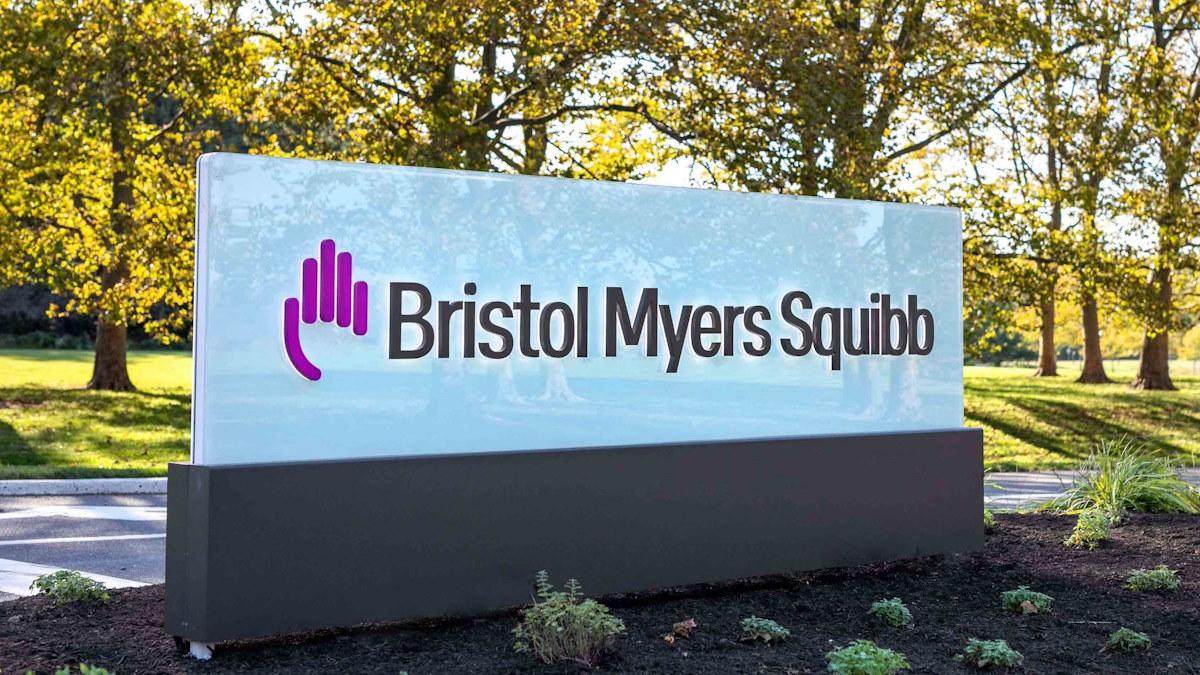FDA grants fast review to BMS' first-line lung cancer combo

Bristol-Myers Squibb has finally made its bid for a slice of the lucrative first-line lung non-small cell lung cancer (NSCLC) market, after the FDA agreed to quickly review trial results from its two-drug immunotherapy combination.
The regulator is to review findings from Part 1 of the phase 2 CheckMate-227 study testing Opdivo (nivolumab), plus Yervoy (ipilimumab) in untreated NSCLC, covering patients with metastatic or recurrent disease with no EGFR or ALK genomic mutations.
BMS has been trying for several years to get Opdivo to work in NSCLC after a shock failure in 2016, and hopes of combining Opdivo and full-dose Yervoy were dashed by side effects.
All the while arch-rival Merck & Co's Keytruda has been establishing itself as the new standard therapy after approval in first-line NSCLC in 2016.
The FDA's review is based on data comparing the Opdivo and Yervoy combination against chemotherapy, where the combination showed a significant improvement in overall survival compared with chemotherapy alone.
Even in CheckMate-227 results were mixed – while Opdivo and Yervoy showed a survival benefit in part 1 in patients whose tumours express the PD-1 biomarker and those who did not have the biomarker present, part 2 of the trial in non-squamous disease regardless of PD-L1 drew a blank.
While it may seem that BMS is late to the party in first-line NSCLC, the combination under review here has the advantage of being free of chemotherapy.
While Keytruda can be used as monotherapy in certain patients this broad use without chemotherapy could be seen as an advantage because of the unpleasant side-effects associated with chemo.
On the other hand there is no head-to-head data showing whether Keytruda or BMS’ combination is more effective.
The FDA's six-month Priority Review, which is reserved for drugs that could provide an advantage in safety or efficacy over approved therapies for serious diseases, sets up a decision date of 15th May.
BMS' two drugs work on two different checkpoints that turn off the brakes on the immune system, allowing T-cells to begin to attack cancer cells that had previously been “hiding” behind biochemical defences.
Opdivo works against the PD-1 receptor, like Keytruda, while Yervoy works against the CTLA-4 receptor.













